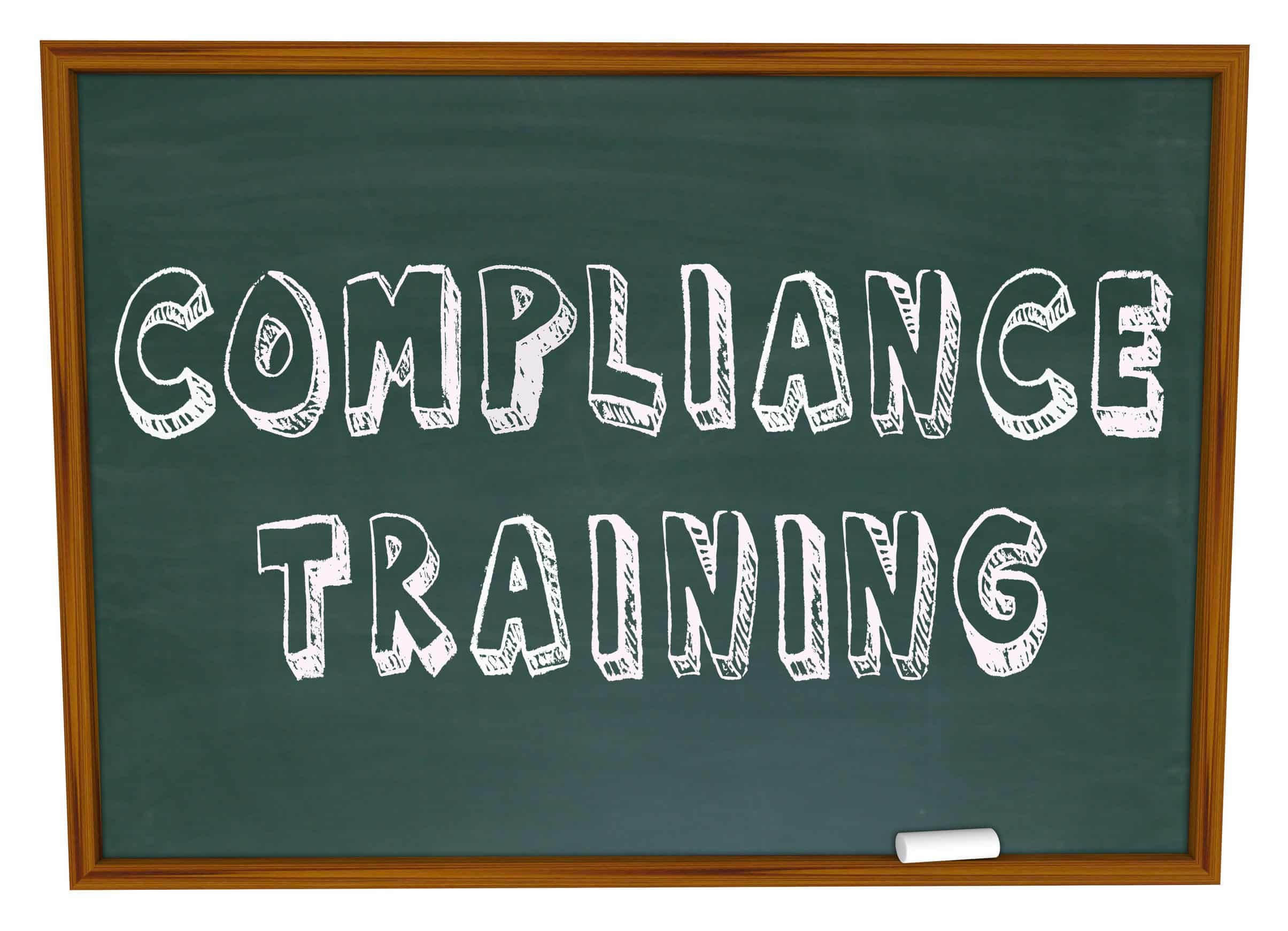- Home
- THE FIRM+
- Criminal Defense+
- CASE RESULTS
- AREAS WE SERVE+
- FAQ’s
- Blog
- Contact
AZHARI LLC BLOG

Posted By: Sami Azhari
Category:
Corporations are inherently motivated by profit, and sometimes engage in unethical practices in order to boost profit margins. When two or more individuals within a corporation conspire to commit criminal offenses or otherwise deceive other individuals or entities, this is known as corporate conspiracy.
Generally speaking, corporations commit conspiracy in order to defraud the government or other regulatory entities, investors, and the public. Conspirators within the organization can be charged not only with the conspiracy itself, but also for any criminal offenses that occurred as a result of the conspiracy, or could foreseeably have occurred as a result of the conspiracy.
How the Law Defines Conspiracy
A conspiracy occurs when two or more people agree to commit a criminal act, or to defraud another entity – for example, the government. The action taken may not be a crime in and of itself, but must indicate that the conspirators knew of the plan and intended to break the law or otherwise defraud another entity.
Agreement Requirement
The agreement between two co-conspirators need not be expressly stated. Instead, the agreement may be implicit or demonstrated by the actions of the co-conspirators.
Element of Intent
In order for conspiracy to occur, all co-conspirators must intend to achieve the outcomes of the conspiracy.
How Corporations Commit Conspiracy
Broadly speaking, corporations are accountable to the government and other regulatory organizations, to investors, and to the public. Most forms of corporate conspiracy are committed in order to defraud one of these three groups.
Conspiracy to Defraud the United States Government
Corporations are accountable to the U.S. government in the sense that they must pay federal taxes and comply with federal regulations.
Because of this, tax fraud is a very common form of corporate conspiracy, and occurs when two or more individuals within an organization conspire to falsify information on the corporation’s tax return to limit its tax liability. This is otherwise known as tax evasion.
Corporations must also comply with myriad federal regulations. These include regulations regarding employees, finances, insurance, and industry-specific concerns. If a corporation is non-compliant and conspires to somehow falsify records to suggest that it is compliant, this may constitute corporate conspiracy.
Conspiracy to Defraud Investors
Corporations are held accountable by their shareholders, and risk losing the support of investors should they fail to meet their expectations. Individuals within a corporation may therefore conspire to defraud investors and/or shareholders by falsifying profit margins, sales figures, or other metrics.
Conspiracy to Defraud the Public
The public generally expects corporations to provide safe, effective, and unadulterated consumer products, and not to engage in unethical practices.
In some cases, corporations may conspire to defraud the public by covering up safety or other concerns regarding consumer products. For example, if the corporation is made aware of a product’s safety concerns and attempts to keep these concerns secret, this may be considered corporate conspiracy.
How Corporate Conspiracy Is Charged
Conspiracy is an unusual crime, and the law makes several exceptions for conspiracy because of its exceptional nature. Typically, conspirators can be charged for three separate types of offenses (i) The conspiracy itself; (ii) Any offenses committed as a part of the conspiracy; and (iii) Any foreseeable or other offenses committed by one of the conspirators in furtherance of the scheme.
Generally speaking, the conspiracy in and of itself is not severely penalized. In most cases, conspiring to commit an offense is punishable by up to five years’ imprisonment and/or up to $10,000 in fines. Further, penalties are not to exceed those for the intended offense(s) itself.
Typically, the more significant consequence of being charged with conspiracy is that the individuals or entities charged can be held liable not only for offenses committed as a part of the conspiracy, but also for foreseeable offenses that could arise out of the conspiracy. This means that if convicted, conspirators can face charges for offenses they have not yet committed.
Special Considerations for Charging a Corporation
In corporate conspiracy, both the individual co-conspirators within the corporation and the corporation itself can be held liable for the conspiracy.
However, prosecutors are often reluctant to charge a corporation as a criminal entity, as there are substantial collateral consequences for investors, pension holders and employees who were not involved in the conspiracy. For this reason, charges may be instead pressed against the individual employees involved in the conspiracy.
When determining whether to prosecute a corporation, lawmakers will often consider factors such as the corporate culture as whole, effectiveness of internal compliance programs, pervasiveness of wrongdoing within the corporation, and whether wrongdoing, when discovered, was voluntarily disclosed by the corporation in a timely manner.
If your business is facing conspiracy charges or is under investigation, the smartest thing you can do is reach out to a knowledgeable Chicago corporate conspiracy attorney as soon a possible.
About the Author
Sami Azhari has been working as a lawyer since 2007, after receiving his Juris Doctor from the Michigan State University College of Law. He has handled numerous state and federal cases, and is known throughout the Chicago and Rolling Meadows area for providing his clients with high-quality, skilled representation. He has been recognized by SuperLawyers, the National Trial Lawyers Association, and other notable organizations, and has spoken at a number of legal conferences.



























































